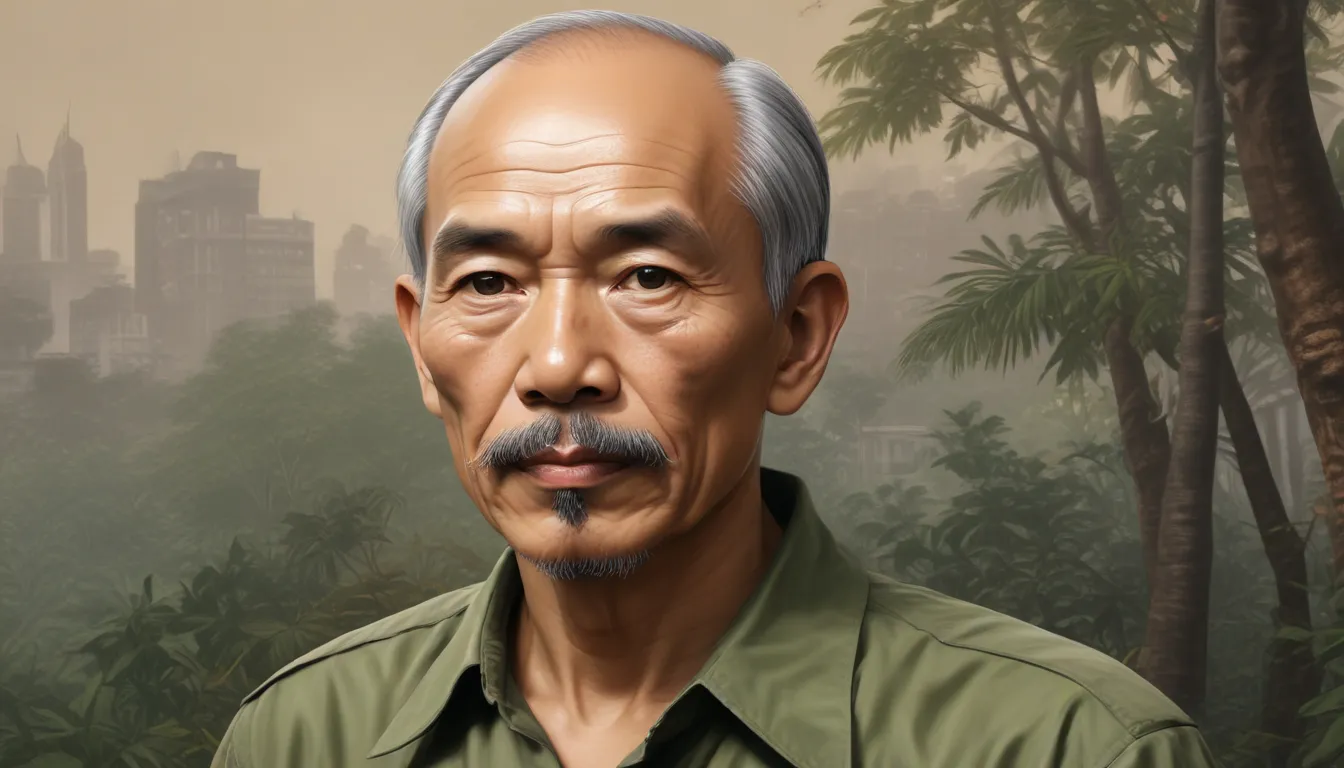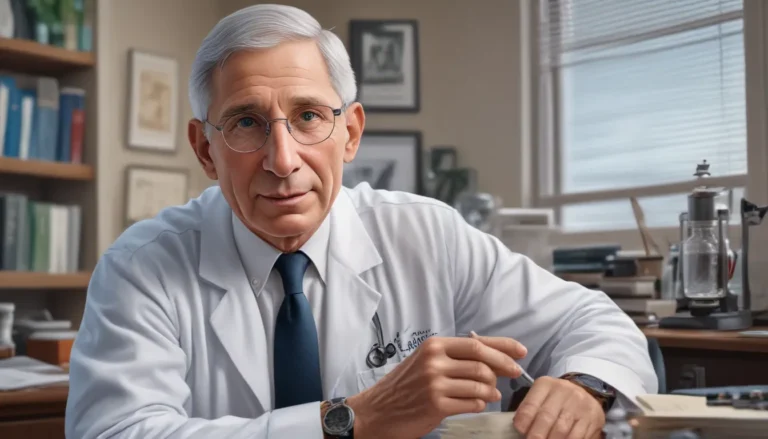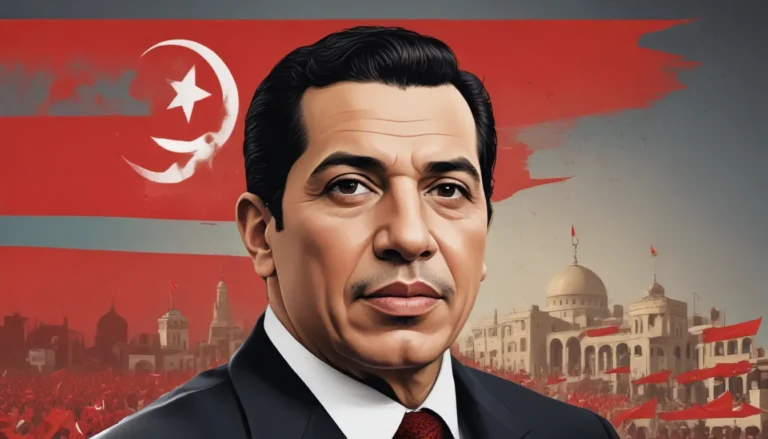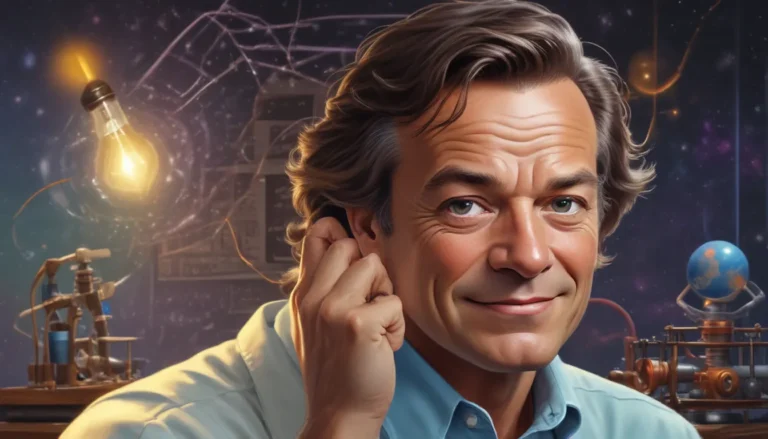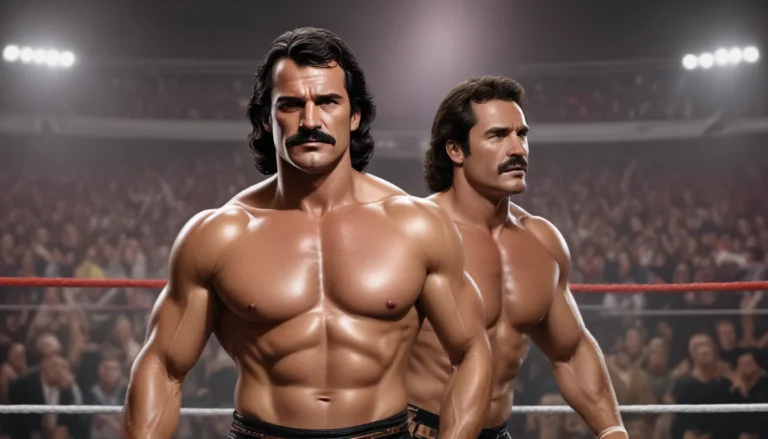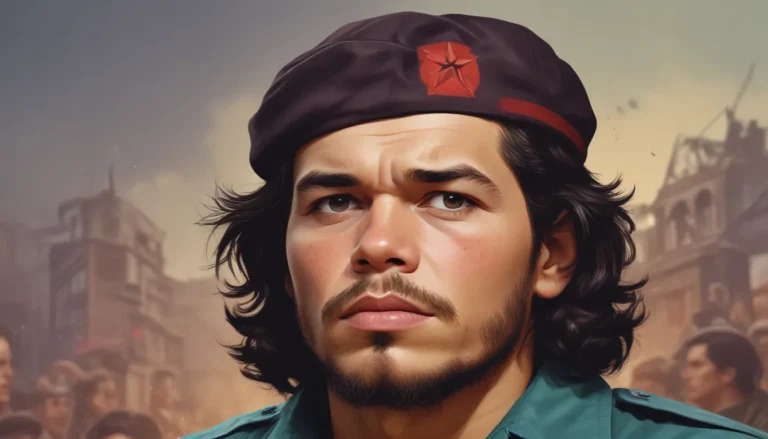The images in our articles may not match the content exactly. They are used to grab your attention, not to show the exact details in the text. The images complement the text but do not replace it.
Ho Chi Minh, a pivotal figure in Vietnam’s fight for independence and a revered national hero, has left an indelible mark on history. His leadership, vision, and unwavering commitment to the liberation of his people continue to inspire and shape Vietnamese culture to this day. Let’s delve into the extraordinary life of Ho Chi Minh and uncover fascinating facts that illuminate his multifaceted personality and his significant role in Vietnam’s history.
The Early Years of Ho Chi Minh
Ho Chi Minh, originally named Nguy?n Sinh Cung, was born on May 19, 1890, in the village of Kim Liên, Nam ?àn District, Ngh? An Province in Vietnam. He later adopted the name “Ho Chi Minh,” which means “Bringer of Light,” symbolizing his leadership during the Vietnam War. His journey began with a passion for revolution and a commitment to fighting for his country’s independence.
The Fight for Independence
Ho Chi Minh played a pivotal role in Vietnam’s struggle for independence against French colonial rule and later against American intervention during the Vietnam War. In 1941, he founded the Viet Minh, a revolutionary organization dedicated to fighting for Vietnam’s independence. His indomitable spirit and guerrilla warfare tactics were instrumental in the eventual success of the Vietnamese in gaining independence.
A Visionary Leader
Ho Chi Minh’s leadership extended beyond the battlefield. He served as the President of North Vietnam from 1945 to 1969 and wrote extensively on revolution and nationalism. His vision of a unified Vietnam became a reality after the Vietnam War when North and South Vietnam were united to form the Socialist Republic of Vietnam. Ho Chi Minh’s legacy as a revolutionary leader and symbol of Vietnamese nationalism continues to inspire generations.
An Iconic Figure
Ho Chi Minh is affectionately known as “Uncle Ho” by the Vietnamese people, reflecting their deep respect and admiration for him. His image has been prominently displayed on Vietnamese currency, further solidifying his place in Vietnamese culture and history. Ho Chi Minh’s embalmed body is preserved in a mausoleum in Hanoi, allowing people to pay their respects to the beloved leader.
A Champion of Rights
Beyond his military and political achievements, Ho Chi Minh was an advocate for women’s rights. He recognized the importance of women in the struggle for independence and advocated for their rights and equality within Vietnamese society. His dedication to promoting equality and justice made him a revered leader both in Vietnam and around the world.
Conclusion
Ho Chi Minh’s extraordinary life and legacy continue to shape Vietnam today. His relentless pursuit of independence, his commitment to the rights of his people, and his unwavering determination have made him an emblematic figure in Vietnamese history. Whether you’re exploring Vietnam’s vibrant streets or studying its rich cultural tapestry, delving into the remarkable facts about Ho Chi Minh will deepen your understanding of this remarkable individual.
FAQs
-
Who was Ho Chi Minh?
Ho Chi Minh was a Vietnamese revolutionary and politician who played a pivotal role in the struggle for Vietnamese independence. He served as the founding leader of the Democratic Republic of Vietnam (North Vietnam) and as President from 1945 to 1969. -
Why is Ho Chi Minh considered extraordinary?
Ho Chi Minh is considered extraordinary due to his perseverance and determination in leading the Vietnamese people towards independence. His leadership and strategic decisions were instrumental in the eventual defeat of colonial powers and the establishment of an independent Vietnam. -
Did Ho Chi Minh travel extensively?
Yes, Ho Chi Minh traveled extensively throughout his life, living in countries like France, the United States, China, and the Soviet Union. These experiences shaped his political ideologies and provided him with valuable insights into different cultures. -
What was Ho Chi Minh’s role in the Vietnamese independence movement?
Ho Chi Minh played a crucial role in organizing and mobilizing the Vietnamese people in their fight against colonial rule. His leadership of the Viet Minh and his strategic decisions were instrumental in achieving independence for Vietnam. -
How is Ho Chi Minh remembered today?
Ho Chi Minh is remembered as a national hero in Vietnam, with his image found on various landmarks and currency throughout the country. The Ho Chi Minh Mausoleum in Hanoi is a popular tourist attraction, showcasing his enduring legacy. -
What is Ho Chi Minh’s legacy?
Ho Chi Minh’s legacy is one of resilience, determination, and commitment to the cause of Vietnamese independence. His ideals and principles continue to inspire individuals around the world fighting for justice and freedom.
In exploring the life and legacy of Ho Chi Minh, we gain a deeper appreciation for his dedication to his country and his people. His remarkable journey serves as a testament to the power of resilience and determination in the face of adversity. As we reflect on his extraordinary accomplishments, we are inspired to carry forward his legacy of fighting for justice and equality. Ho Chi Minh’s unwavering commitment to his principles continues to shine as a beacon of hope for generations to come.
